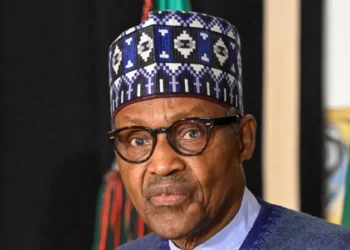August 6 is Jamaica Independence Day, a day when the nation honors its 1962 liberation from British rule. This national holiday captures Jamaica’s shift from colony to sovereign state, ending over three centuries of foreign control.
Jamaica’s journey to independence began in 1509 as a Spanish colony, later falling under British rule in 1655. Throughout the 20th century, nationalist sentiment grew, with figures like Marcus Garvey championing Black Jamaican rights and self-governance. After World War II, the decolonization process accelerated, leading to constitutional changes that increased autonomy.
In 1962, the Jamaica Labour Party, led by Sir Alexander Bustamante, won the elections. The UK Parliament passed the Jamaica Independence Act on July 19. On August 6, the Jamaican flag flew for the first time, ushering in a new era. Bustamante became Jamaica’s first Prime Minister, and the country joined the Commonwealth of Nations.
Annual Independence Day festivities include a range of activities across Jamaica. The Jamaica Festival, launched in 1962, features a grand parade, cultural performances, and the World Reggae Dance Final. Flag-raising ceremonies occur nationwide, with citizens often wearing attire in the Jamaican flag colors: black, green, and gold. These colors represent the people’s strength (black), natural wealth and sunlight (gold), and agricultural resources and hope (green).
Celebrations extend beyond a single day, with events leading up to August 6 that display Jamaica’s culture and heritage. These include agricultural exhibitions, concerts, and markets selling local produce, creating an atmosphere of joy and community pride.
Independence Day prompts Jamaicans to consider their nation’s journey toward self-governance and ongoing efforts to build a prosperous and equitable society. It allows citizens to honor those who fought for independence and take pride in their national identity and achievements.
The holiday resonates with the Jamaican diaspora worldwide, who organize events in their respective countries to connect with their roots and share their cultural heritage. These gatherings often feature traditional Jamaican music, dance, and cuisine, creating a global celebration of Jamaican independence.
In recent years, digital platforms have expanded the celebrations, allowing for virtual events and online participation. This has extended the reach of Independence Day festivities, enabling Jamaicans and supporters worldwide to join in the national commemoration.
The day goes beyond a historical milestone; it’s a celebration of resilience, cultural richness, and national pride. From Kingston to Jamaican communities worldwide, August 6 echoes as a day of freedom, unity, and hope for a brighter future.









